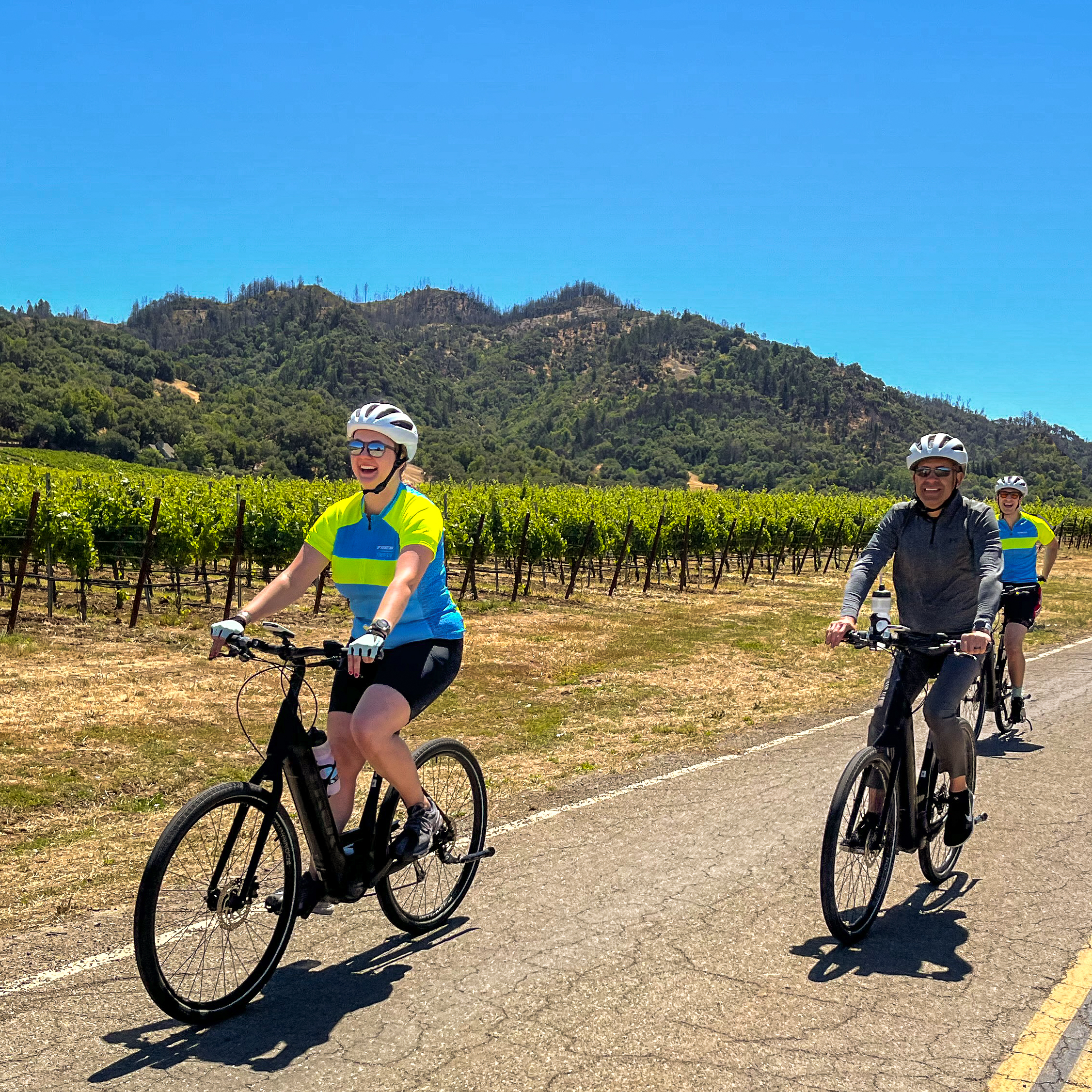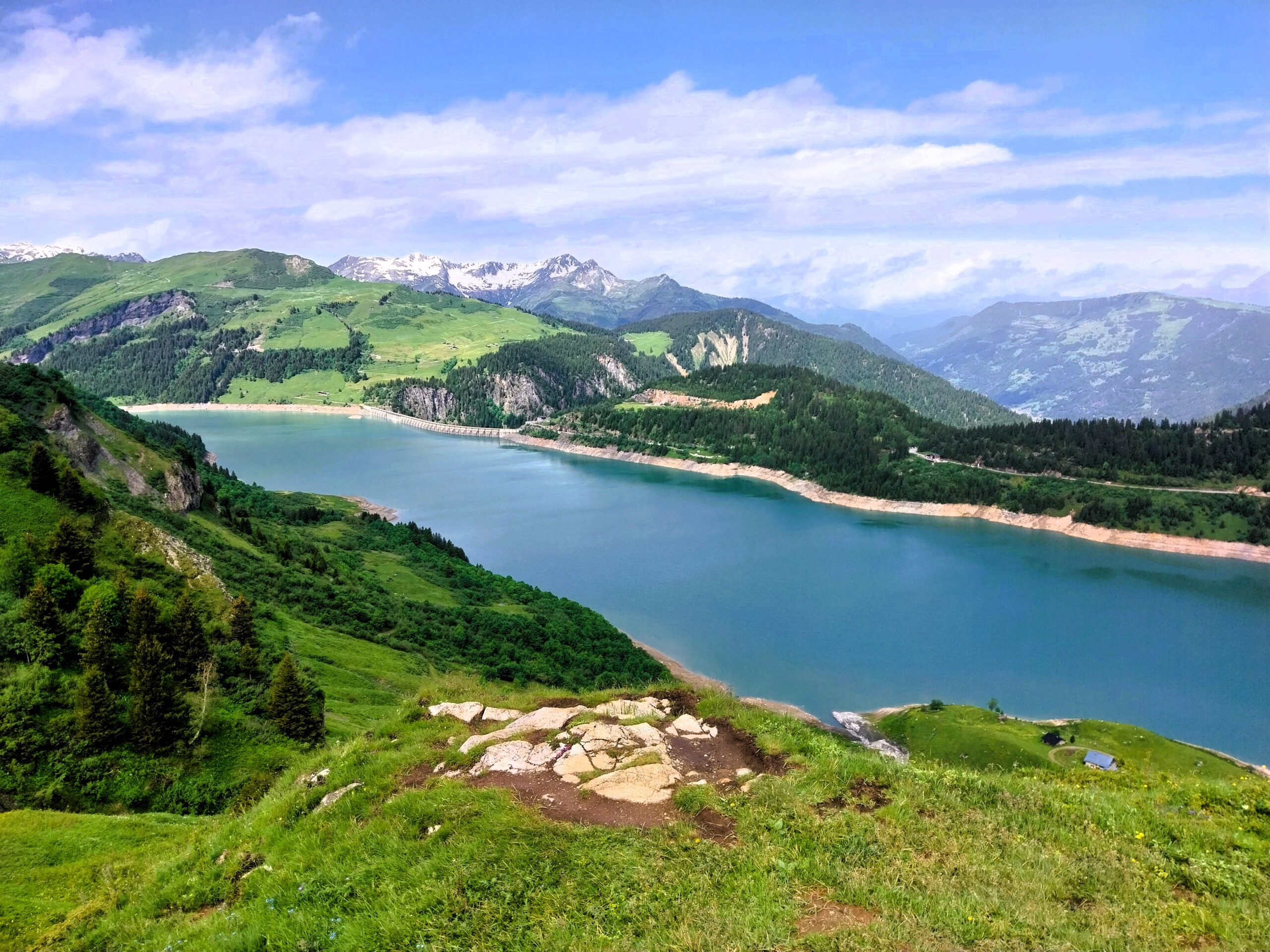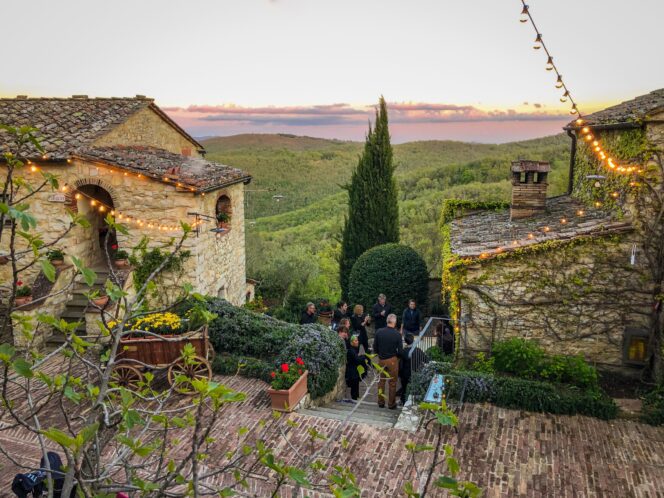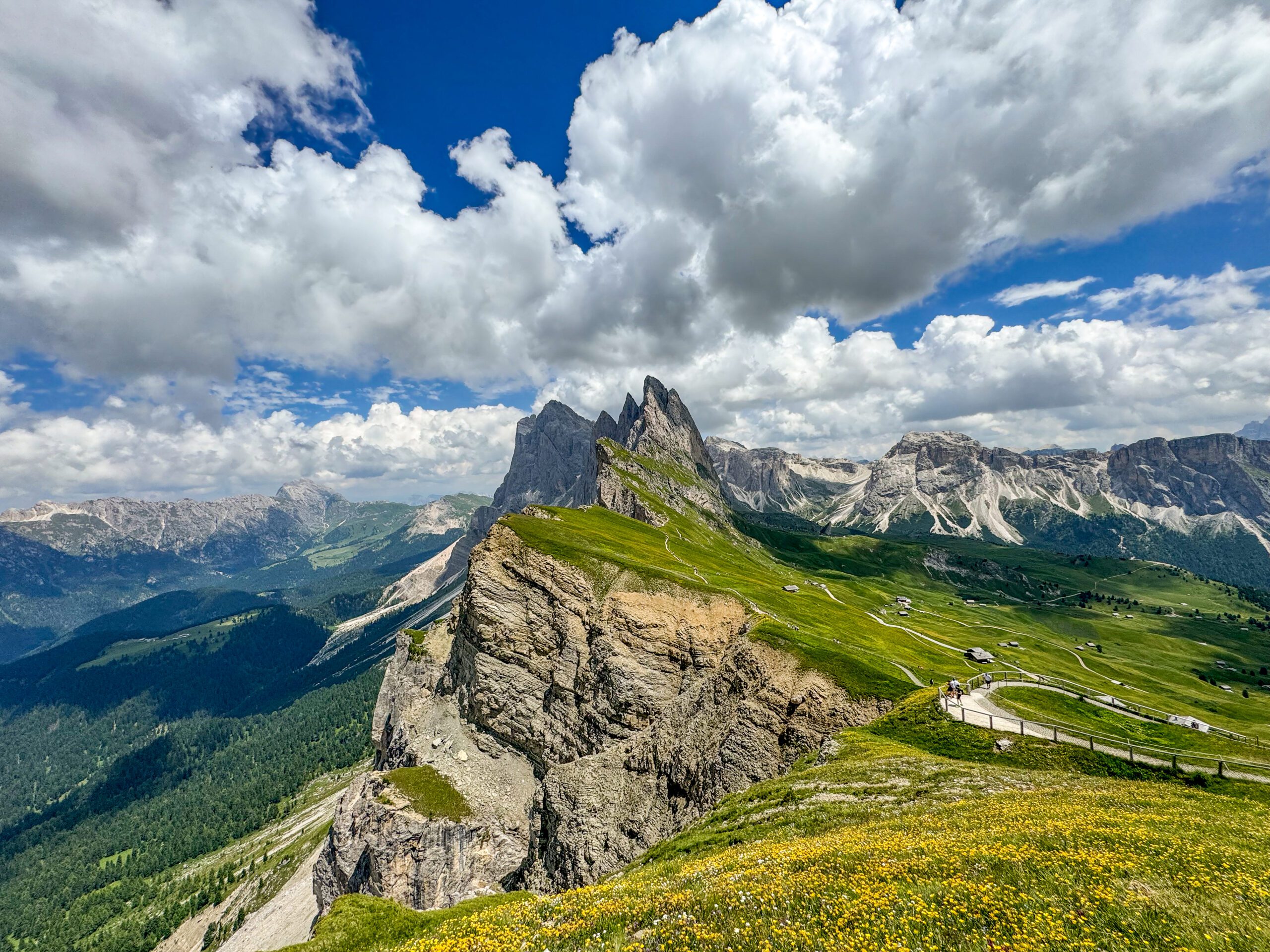As Team RadioShack takes part in both the Vuelta a España and the USA Pro Cycling Challenge in Colorado this week, we are lucky to have Team RadioShack Manager Johan Bruyneel answer some questions about cycling, racing, and how bikes can change the world.
Johan is currently lending a hand to World Bicycle Relief’s Grand Slam for Zambia. Their goal: 1,000 bikes. 1,000 lives changed. For every donation, you’ll help provide a bike for a child in Zambia. Children who receive a bike are able to get to school quicker and safer; a journey that often takes up to 4 hours by foot! In addition to helping Zambian children, you’ll also be entered to win all sorts of great prizes like a SRAM Red Gruppo, a Trek Madone, a Trek Travel Trip, and more!
And now some Q&A with Johan Bruyneel (JB):
What major race do you think is the most fun to watch from a fan perspective?
JB: I think every cycling fan dreams of going to the Tour de France. It’s the race that gets the most worldwide coverage and it’s the most prestigious race to win. A lot of people go to the Grand Depart or Paris, but to get the real experience, I also suggest taking in the climbs. If you go to Alpe d’Huez, fans arrive 2-3 days before the race actually passes and it becomes a massive outdoor party on a mountain. I’m not sure if there’s anything like that in all of sports.
The Giro d’Italia is another race that is great. Italy is a beautiful country and the route is often harder than the Tour which makes for some exciting racing. If you ride a bike, then it’s definitely a country to check out.
And then I may be biased since I’m Belgian, but the races in Belgium are great, especially Flanders. The Belgians are so passionate about cycling. It’s so chaotic with fans trying to see the riders at various points during the race. The cobbles, the climbs … It’s totally different than the Giro and Tour so it’s hard to compare, but it’s definitely something I would also suggest.
How often do you get out yourself to ride during the season?
JB: Unfortunately, not very often. For starters, I have a bad back so it’s hard for me to do a real training program. Then with managing a cycling team, traveling to races and trying to squeeze in as much time with my family, it’s not easy to find 2 or 3 hours in a day. I do like to go out for casual rides with Victoria and Eva. We’ll strap my son Christian to my bike and we’ll do a nice leisurely ride in Hyde Park. A nice family outing. But my racing days are over.
Who do you think is one of the most exciting up and coming professional racers and why?
JB: Tough to name just one. Peter Sagan from Liquigas is definitely one. He’s already won some races, but is still young and will get even better.
There’s a rider on our Trek U23 squad by the name of Lawson Craddock. He’s definitely someone to watch out for. Actually, there’s a lot of up and coming Americans who will be able to carry the torch –
Ben King, Matthew Busche, Brent Bookwalter, Teejay Van Garderen and Taylor Phinney to name just a few.
With cycling becoming more globalized, there’s more exposure in historically non-traditional cycling countries, which mainly means outside of Europe. Australia is a country that sticks out in my mind. There’s already a nice talent pool, but with Cadel winning the Tour and the start of GreenEdge, I think we’ll see that cycling will continue to grow in Australia.
I also have my eye on China. I was there for a few days in 2008 prior to the Olympics. Nike was hosting a Hall of Coaches event and I had the opportunity to share some of my philosophies and knowledge with Chinese cycling coaches. With a population over 1 billion, there are definitely people who are or can be talented cyclists. It’s just a matter of finding them and developing their skills and talents!
If you could go on any Trek Travel vacation which one would it be? You would have to relax though!
JB: Hmmm. I would pick any of the Tuscany Luxury trips. Nice riding routes, beautiful scenery, great food and of course the vino. Definitely the perfect combination of everything I like!
What’s the best or funniest question a Trek Travel guest has ever asked you?
JB: I remember a few years ago at the Tour, I was getting a bunch of questions from the Trek Travel guests about the race strategy, what it was like to have Lance and Alberto on the same team and so on. A guy raises his hand and asks: “How do you go to the bathroom?” Of course he was referring to during the race, but he didn’t say that ,nor was anyone, including myself, expecting that question. Everyone started laughing so I responded to his question “No differently than you, unless you know something I don’t.” I don’t think he lived that down for the rest of the trip!
How did you originally get involved with World Bicycle Relief and when?
JB: Well when I was with Astana, I signed SRAM for components. One of the founders of SRAM, FK Day, came to my house one day. He didn’t mention anything about professional racing. All he wanted to tell me was about World Bicycle Relief, why and how he founded it. He asked if I wanted to help him with the mission, which is to provide access to independence and livelihood through the power of bicycles. He showed me pictures and videos, and how a bicycle can change a life forever. Personally, I owe everything in my life to the bike so right then I knew I had to be part of this organization. I’m proud to serve on the Board and carry out the mission of WBR in any way possible.
Why do you think the bicycle has the power to change the world?
JB: I don’t think. I know. I went last year to Zambia and witnessed the power of bicycles. My job as Team Manager has me around the most expensive bikes in the world. But truthfully, the most valuable bikes are $134 WBR bikes. A Zambian child normally has to walk up to 4 hours to and from school on dangerous roads. Because of this, dropout rates are high. Now when you give a bike, that child can reach school quicker and safer. He or she graduates, gets a job and can support him or herself, as well as other family and community members. Because of the bicycle, that person becomes economically independent. We also see that with an education, the rate of contracting HIV/AIDS decreases and women have fewer children. So there are a lot of health and economic benefits that can be attained. WBR has the goal of distributing 50,000 bikes. The impact I’ve seen is amazing and I’m confident that when we reach this goal, you’ll see a different Zambia!







